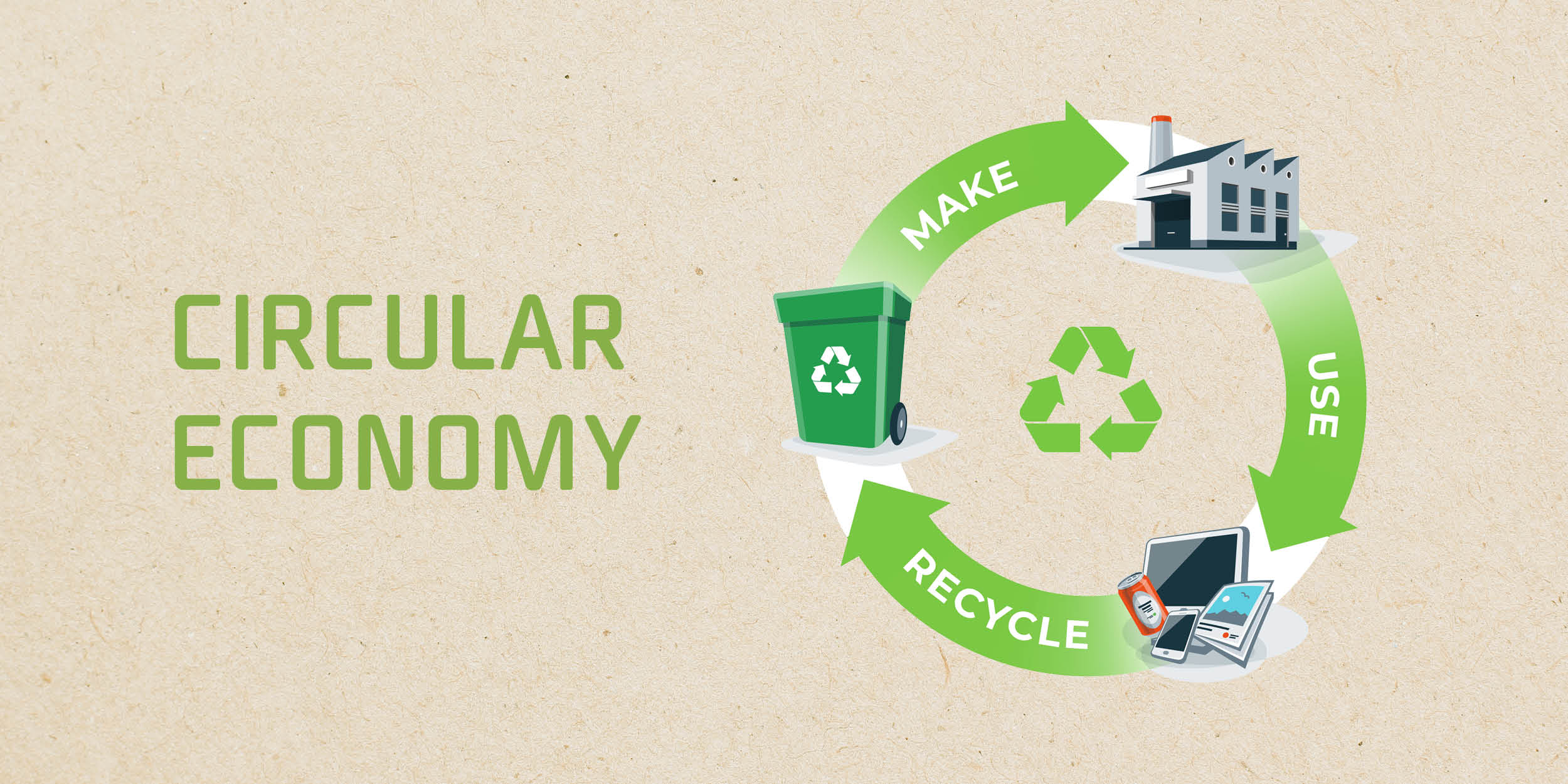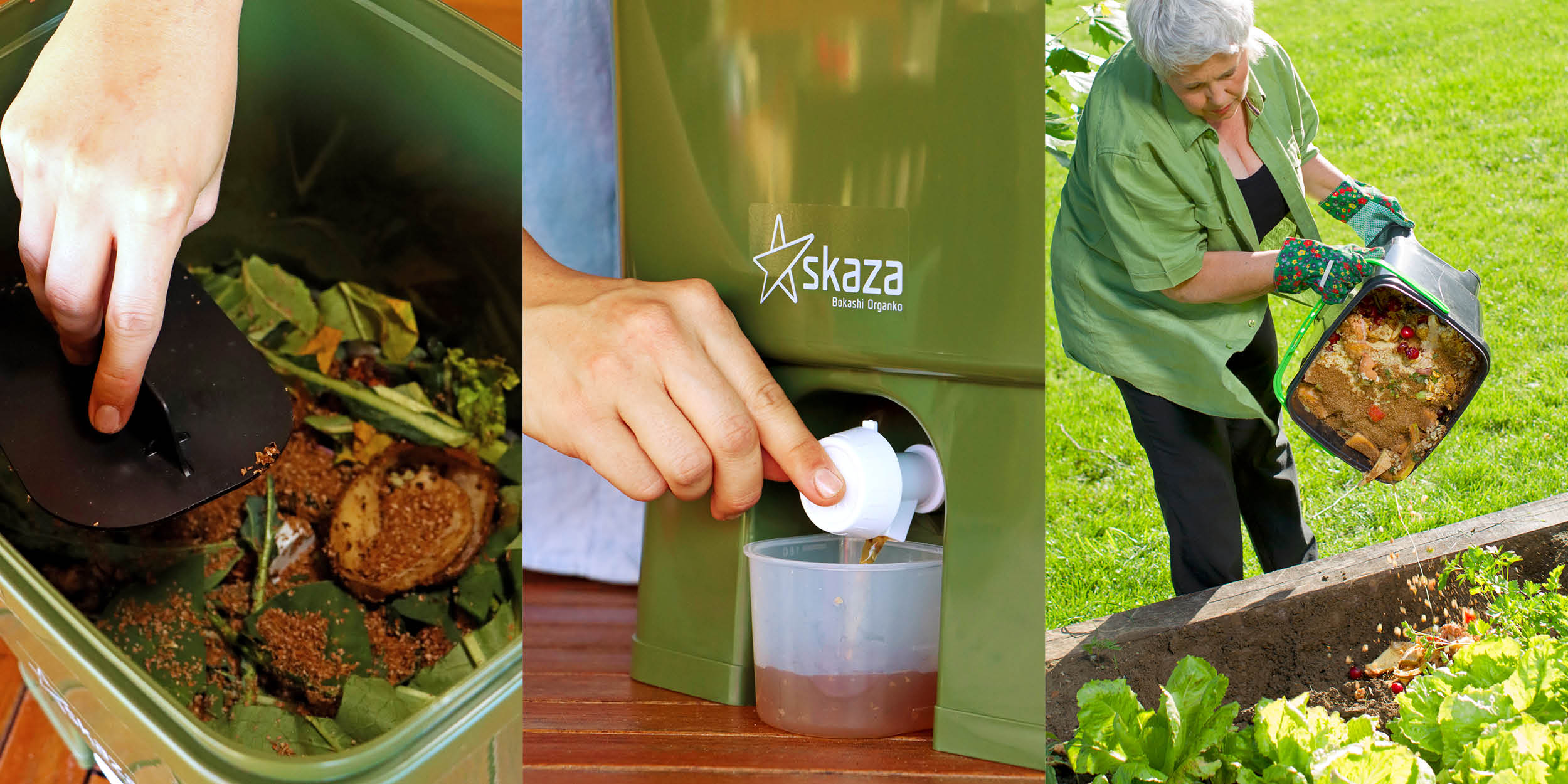The idea of circular economy as a flow of materials and energy is far from new. We can trace its origin as far back as 1966 when English-American economist Kenneth E. Boulding first explained the benefits of a cyclical production system. However, it wasn’t until the 1990s that the term circular economy appeared for the first time and was further developed in the following decades, especially with the rise of raw material prices in the 2000s, the Chinese embargo on rare earths and the beginning of the economic crisis in 2008.
Nowadays, the term circular economy characterizes a production system aimed at eliminating waste and the continual use of resources. As opposed to being just a great way of exhibiting a company’s sustainable policies, the circular economy became more or less a must in every industry in recent years. With the climate emergency and environmental challenges strongly influencing companies in various industries to rethink their consumption and production patterns, the circular economy model presented itself as a more effective answer to these challenges.

Circular economy at Skaza
Skaza is no stranger to the circular economy and employing ideas of reuse, share, repair, refurbish, remanufacture and recycle to create a closed-loop system. We have been implementing these concepts into our production for the past few years by effectively returning waste materials back into the cycle of new products.
With the introduction of our own label, we took the idea even further and developed a system of the so-called multi-circular economy. In addition to the classical reuse of waste materials, this advanced scheme allows us also to implement our own products into the cycle. Such Skaza’s items are, for example, our sustainable plastic tableware made from bio-based recyclables (drinking cups Viva 2.0 and picnic set Pick&Go) or Bokashi Organko composters from recycled polymers.
New Life Project
With our “New Life Project”, we also wanted to invite our customers to participate in the circular economy system. Although we strive to produce only high-quality products, there is no denying that every item has its expiration date. When that day comes and consumers don’t need it anymore, we encourage them to return their Skaza’s products back to us. As manufacturers, we know all about materials in our products and can easily sort them by type and color. This way, we get a high-quality secondary raw material not contaminated with dirt or other types of plastic, which means the recycling process is faster and more economically and ecologically efficient.
Participating in the “New Life Project” is entirely free for our customers in Slovenia. All we ask from them is to fill in the pick-up form and get the item cleaned and ready before the courier service collects it at their home. Furthermore, as a token of our gratitude for taking part in our circular economy system, we grant them a discount for their next purchase of Skaza’s items.

Bokashi Organko composters as an example of a double circle
With the implementation of the circular economy concept into our production, Skaza aims to contribute towards a sustainable society based on recyclable and renewable resources. We believe in a model that is no longer considering resources as infinite. Another great example is the story of our Bokashi Organko composters, which play an equally important role in the never-ending cycle of bio-waste. These innovative composter bins allow us to process food leftovers through fermentation and turn them into Bokashi mass which is highly beneficial to our garden soil. In addition, home composting with Bokashi Organko also provides a special fermentation liquid that can be used as a bio-detergent to clean the kitchen drain or - when diluted with water - a fertilizer for plants.
In this case, we are talking about a double circle with plastic recycling on one part and food composting on the other. We add to every material a new way of life. For that reason, we get an infinite circle that exhibits a new and advanced example of circular economy, minimizing the use of resource inputs more comprehensibly and with that efficiently lowering pollution and carbon emissions.
Download the scheme about our multi-circular way of the manufacturing process and find out how exactly we follow our vision. Fill in the form with your e-mail address and get the scheme in your inbox.


